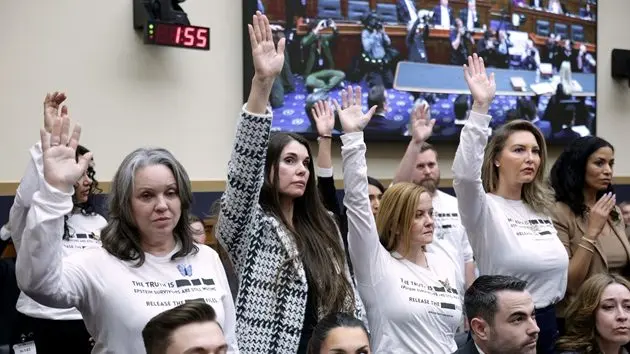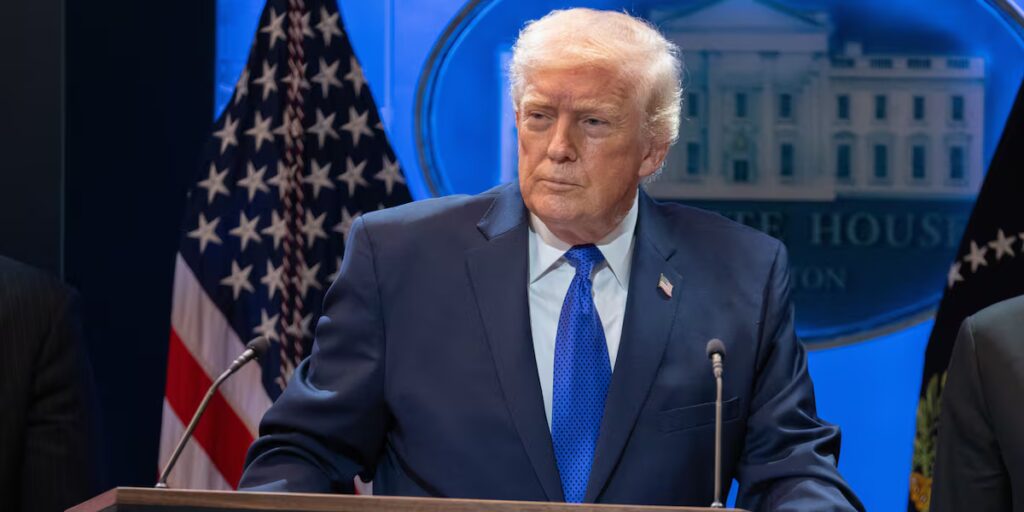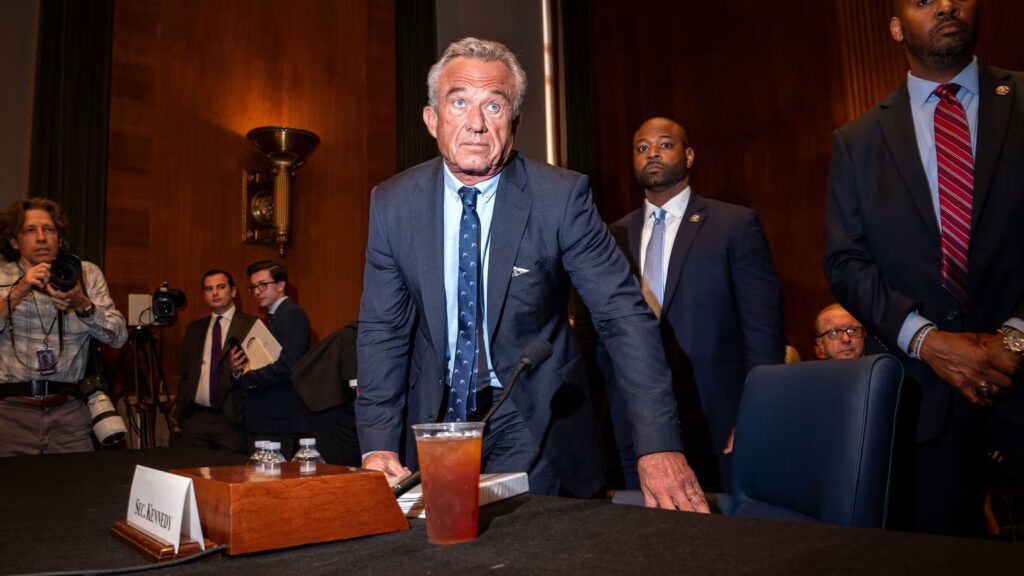Trump Bank Discrimination Executive Order Sparks Probe

Trump Orders Federal Probe Into Alleged Bank Discrimination Against Conservatives
President Donald Trump signed an executive order on Thursday mandating an investigation into whether U.S. banks have discriminated against conservatives, religious groups, and industries such as firearms and cryptocurrency. The move signals a major escalation in Trump’s efforts to combat what he calls “debanking.”
The order instructs federal bank regulators to investigate discriminatory practices and submit any violations to the Department of Justice within 120 days. Trump specifically named JPMorgan Chase and Bank of America as having allegedly cut off financial services to him and others—claims both banks have denied.
What Is Debanking?
Debanking occurs when financial institutions close accounts or deny services to individuals or businesses they deem high-risk. Conservatives argue that this practice often targets people based on political or religious beliefs, a claim echoed by Trump.
“They totally discriminate… me maybe even more,” Trump said in a CNBC interview this week.
Banks typically cite financial risk, legal exposure, or compliance concerns as justification. However, the Equal Credit Opportunity Act prohibits discrimination based on race, religion, and other protected categories.
Executive Order Targets Reputational Risk
The order also seeks to eliminate reputational risk as a metric used by regulators to assess a bank’s safety and soundness. The term gained prominence during the Obama administration, when regulators advised banks to avoid industries like payday lending and gun manufacturing.
Under Trump’s directive, regulators must stop using reputational risk as justification for limiting financial services.
“Debanking federally legal businesses and law-abiding citizens is un-American,” said Sen. Tim Scott, who chairs the Senate Banking Committee and supports related legislation.
Impact on Banks and Regulation
The executive order opens banks up to potential civil and criminal investigations, including fines and penalties. Still, major banks struck a measured tone.
“We don’t close accounts for political reasons,” said a spokesperson for JPMorgan Chase. “We agree with President Trump that regulatory change is needed.”
The banking industry has already begun removing reputational risk language from internal policies amid growing legal pressure.
Crypto, Guns, and Free Speech
Trump’s action aligns with his broader pro-crypto stance and support from gun rights advocates. Many in the cryptocurrency sector have supported Trump after regulators under President Biden discouraged banking relationships with crypto firms—a move Trump and allies dubbed “Operation Choke Point 2.0.”
Past incidents, like Signature Bank’s 2023 collapse linked to crypto exposure, have intensified scrutiny.
“Financial and reputational risk often go hand in hand,” noted Graham Steele, former Treasury official.
Still, conservatives argue that overreliance on reputational risk enables banks to discriminate under the radar—something they hope Trump’s executive order will stop.
SOURCE: AP News
: 219







